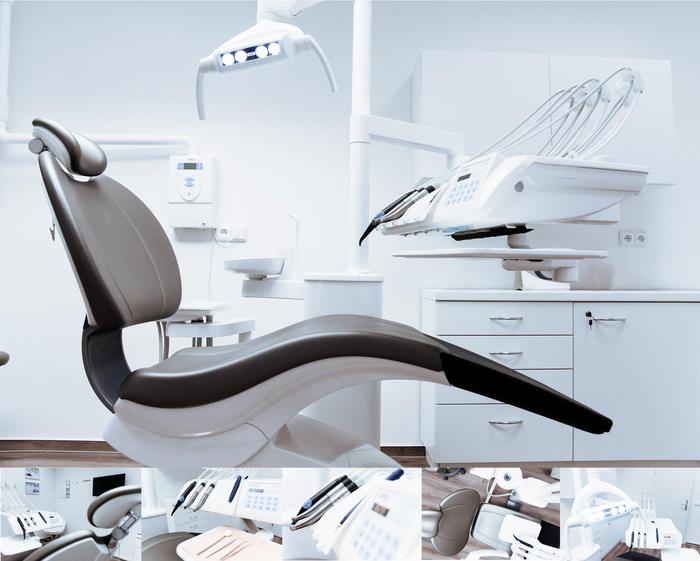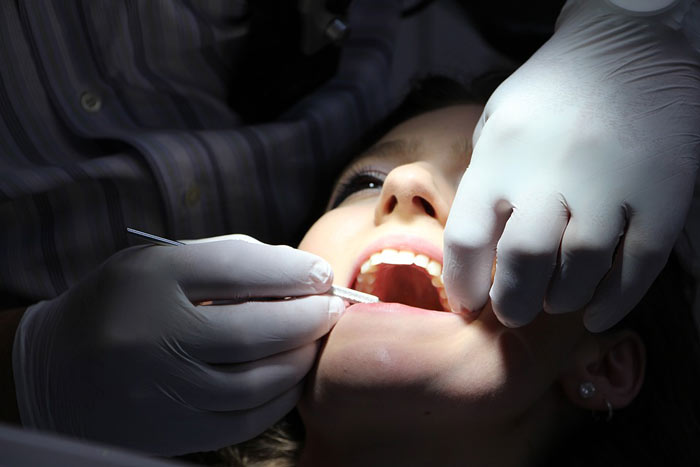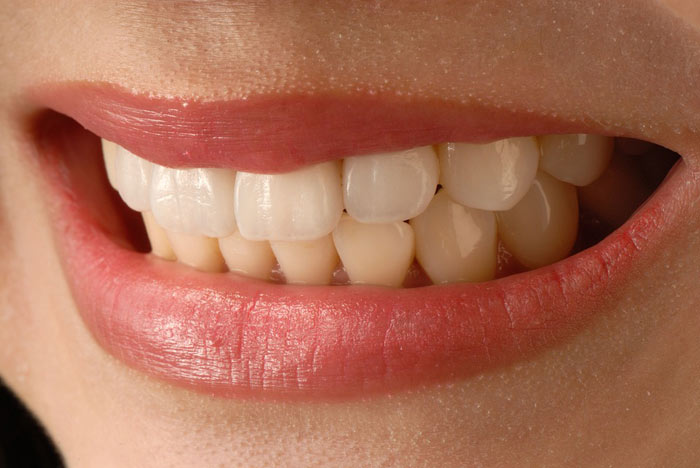After getting a tooth implant, it is recommended to follow several tips in order to take care of dental implants and the teeth themselves. The doctor will take into account your individual characteristics and tell you everything in a detailed and thorough manner immediately after the surgery. Yet, you can mentally prepare and find out what to expect later. We asked a professional – a Lake Oswego dentist – on how to take proper care of dental implants after the procedure. Below you will find general guidelines for postoperative care at home.
Special care is required mainly during the first 14 days after the implantation procedure. During this time, the wound heals, and the gums and mouth should accept a foreign body, despite the fact that it resembles the natural tooth as much as possible.
During the first three days, you should avoid any load on the implant when chewing. It is better to chew food on the side that has not undergone implantation. But the fourth day is a different story. It is necessary to chew food with the implanted tooth because the patient will thus protect himself from gum diseases.
What can you eat?
In the first two weeks after the procedure, it is recommended to eat only soft foods that contain enough vitamins. The food should not be hot, spicy or cold. The most suitable products for this period include mashed potatoes and porridge. Fruits and berries, which contain small seeds, are contraindicated because they can penetrate under the dental crown.
During the first couple of days after installing the implant, it is better not to touch the artificial tooth with a brush when cleaning the mouth. The wound should be treated with a cotton swab.
 In addition, when caring for implants, the following is recommended:
In addition, when caring for implants, the following is recommended:
- After each meal, rinse your mouth with an antiseptic.
- Conduct anti-inflammatory therapy (your doctor will tell you which therapy to choose).
- Protect yourself from strong physical exertion. The blood that rushes to the head in such situations can cause swelling of the gums.
- Avoid stressful situations.
- Avoid staying in the bath and sauna.
- Do not fly on airplanes.
- You’d better sleep on the side where the surgery was not performed.
- Use compresses and heating pads applied to the cheeks.
- Three days after the implantation procedure, you should go to the doctor; another visit will take place a week later.
Dental Implant Care Guidelines
In order to avoid complications after implantation, it is important to observe the basic rules of oral hygiene.
Implant placement is a surgical procedure that can cause weakening of the patient’s immunity, especially while the body is getting accustomed to a foreign body and healing injuries. In this case, the doctor will give recommendations for the care of the oral cavity, which are necessary to follow.
There are two basic rules for the care of implants:
Oral Cleansing
High-quality brushing after implantation is important for several reasons. Firstly, periodontal disease can occur around dental implants much more often than around natural teeth. An infection can penetrate the implant site and the gum will become inflamed. Regular cleaning significantly reduces this risk. Removable dentures are cleaned by pulling them out of the mouth. They, like ordinary teeth, should be cleaned at least twice a day. Cleaning is done with a brush and toothpaste, making circular and vertical movements. It is better to use a soft bristled brush. Electric brushes are another good option.
It is especially recommended to clean the place where a fixed denture is connected to the product. Using dental floss is advisable for such places. Toothpaste can also be applied to the floss.
Irrigator can cope well with cleaning interdental spaces. A jet of water washes out food pieces perfectly well. In addition, there is a massage effect that allows blood to circulate better, preventing gum disease. When installing a bridge prosthesis, it is necessary to clean the gums well under it with a usual brush or a toothbrush with special bunches of bristles.
It is important to rinse the oral cavity. Many patients are interested in how to rinse your mouth after implantation. You can use plain clean water or a special liquid, which the doctor will advise.
Prophylactic examination by a specialist

It is necessary to visit a doctor in the postoperative period at least once every six months. The doctor will monitor the possible appearance of inflammation or pathologies and check the condition of the prosthesis. Each time, the implants are checked for the strength of their installation, as well as the absence of any tilt or displacement. If necessary, you can also carry out professional cleaning of teeth, including artificial ones.
Important! After implantation according to the methods, which imply the complete restoration of teeth and their immediate load with the prosthesis, it is also very important to observe high-quality oral hygiene. In spite of the fact that there are no natural teeth, but only implants or an artificial jaw, it is important to maintain the health of all tissues (gums, periodontal tissue) in order to eliminate inflammation and prolong the life of the installed implants.
Durability of implants
How long a dental implant lasts depends on objective (independent of the patient) and subjective (patient’s actions) factors.
Objective factors:
- The durability of the metal used to make the implant and what technical properties it has.
- How the crown was installed, whether modern materials were used.
- The proper procedure, following all the necessary techniques and sterility.
Subjective factors:
- Proper and regular care of the structure and oral cavity.
Regular visits to the dental clinic. - Smoking and other bad habits.
High quality designed dentures last an average of 15 to 25 years. A prosthesis installed on an implant usually serves ten years. If you do not follow the rules for the maintenance of implants, their service life can be significantly reduced to only three to five years.
The strong impact can lead to cracks and chipping. Fortunately, modern developments make it possible to restore the denture easily, in a short time and without changing it.
What affects the service life of implants?
How much the implant will last depends on the reasons that the patient cannot influence, as well as on the factors that he provokes.
The first category is the characteristics of the prosthetic material. Durability and quality. An important role is also played by the qualification and experience of the specialist and observance of all the rules during the procedure.
The second category of factors is the patient’s activity. The patient can prolong the life of implants by cleaning the mouth regularly, visiting a specialist in a timely manner and refusing bad habits (smoking).
What can lead to inadequate care?

An implant, as well as a living tooth, can get covered with a dental plaque after the whole day. Caries is not capable of damaging an artificial tooth, but periodontitis, impaired microflora, and bad breath can be unpleasant consequences of poor quality oral care.
If you take care of the implants, they will not cause discomfort and will serve for several decades.










